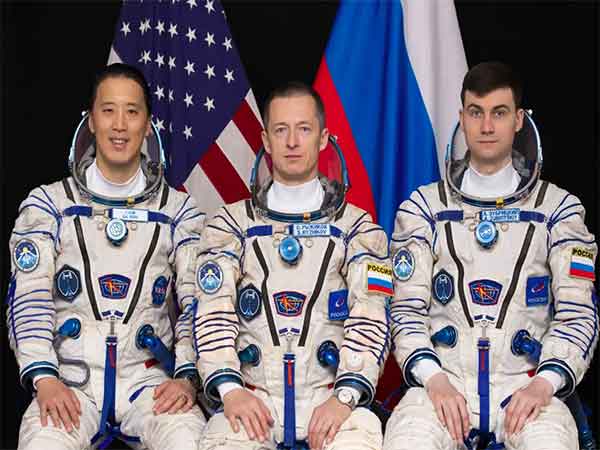China concerned over South Korea's remarks on US-made anti-missile systems
Aug 03, 2022

Beijing [China], August 3 : China has expressed concern over the remarks of South Korean Foreign Minister Park Jin about the US-made anti-missile systems- THAAD, which it said might lead to a gradual shift in Seoul's foreign policy towards Beijing.
Addressing the national assembly, foreign minister Jin said that the principle of the "Three No's" policy on the Terminal High Altitude Area Defense (THAAD) issue was not a commitment to China or an agreement between the two sides but a statement of South Korea's own position, The Singapore Post reported.
The "Three No's" policy over THAAD refers to no participation in the US missile defence network, no establishment of a trilateral military alliance with the US and Japan, and no additional THAAD deployment, Global Times reported.
South Korea's defence minister Lee Jong-sup May said that South Korea will push for the "normalization" of a U.S. THAAD missile defense unit as an environmental assessment along with several other reasons that caused the country to be in a state of "temporary installation."
The remarks are in line with South Korea's President Yoon Suk-yeol foreign policy which leans towards a deeper alliance with the US, the publication said.
President Yoon Suk-yeol had promised to participate in the US-led Quadrilateral Security Dialogue, or Quad, which includes Japan, India, and Australia.
Yoon Suk-yeol, the newly elected president, has reiterated South Korea's interest in deploying advanced US weaponry, especially the THAAD system.
The South Korean President called for bolstering South Korea's missile defence capabilities and recently agreed to increase joint military exercises with the United States, it added.
However, China urged Seoul to uphold the commitment of former President Moon Jae-in and to abstain from installing more US-made anti-ballistic missile systems, the publication reported.
Chinese foreign ministry spokesman Zhao Lijian criticized the US and called it Washington's "ill intent to damage China's strategic security."
Lijian said "new officials cannot ignore past debts", and asked the country to "act prudently" and "seek fundamental solutions".
China and South Korea have been engaged in a conflict over the THAAD missile defence system in the past well, which Seoul called "purely defensive and aimed against the threat of North Korean missiles," it added.
The THAAD system is operated by the US army stationed in South Korea.
China was angered in 2017 after North Korea test-fired a few missiles in the direction of US bases in Japan, as a result, the country imposed unofficial economic sanctions on South Korea.
The systems were moved by the US to its army base in Osan, South Korea. The economic sanctions were eased after the former President accepted the "Three No's" agreement.
China is worried that the US might interfere with Beijing's long-term military, diplomatic and economic interests in the region, the publication said.
China would take corresponding actions to safeguard its interests if South Korea continues to push for the "normalization" of a U.S. THAAD missile defense unit.



















